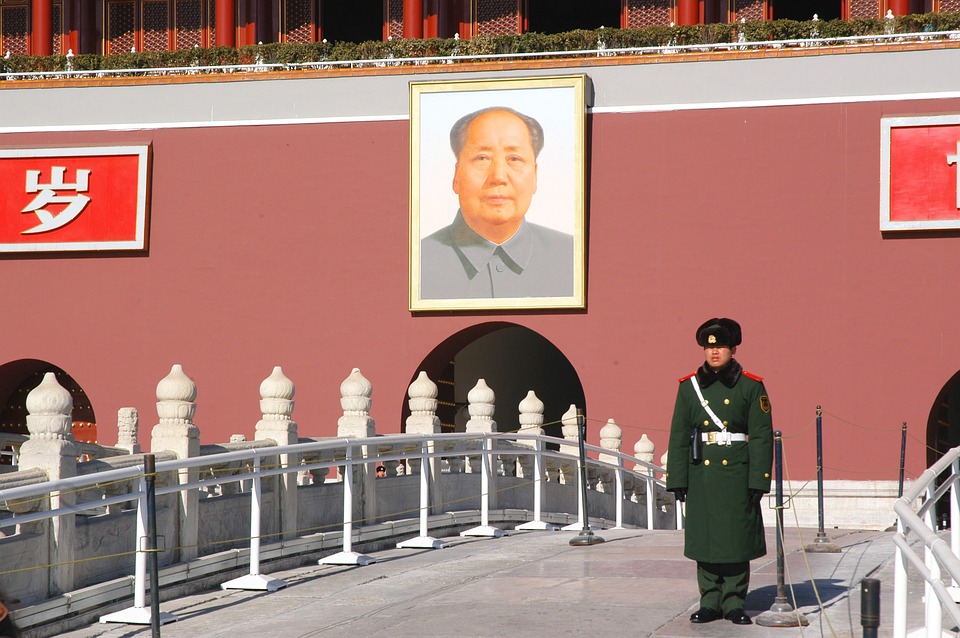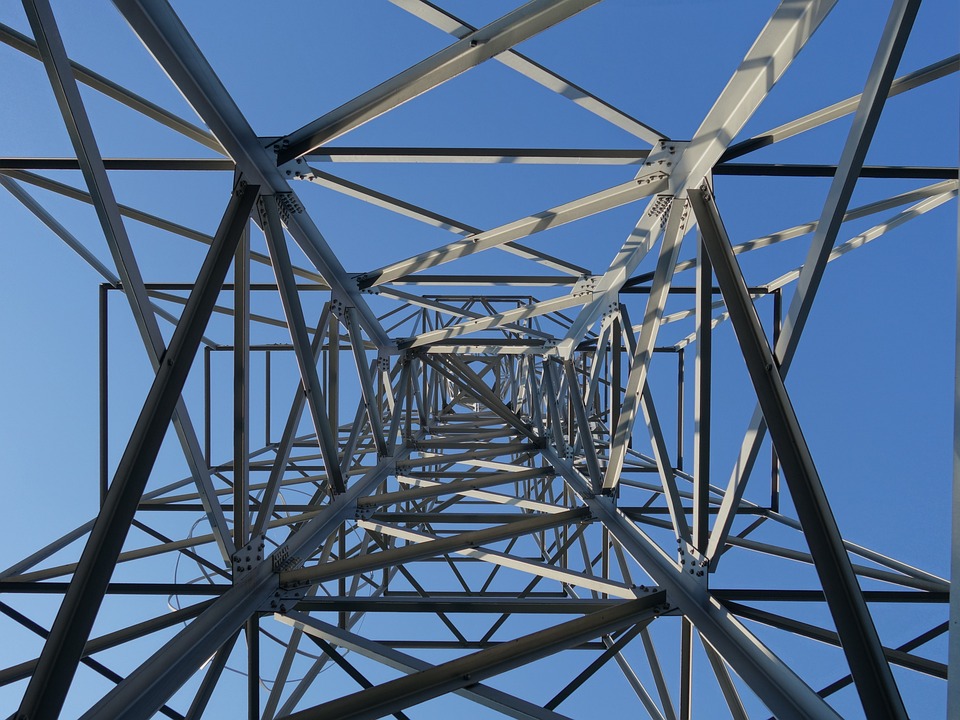The Life and Legacy of Mao Zedong: A Revolutionary Leader
Early Life and Rise to Power
Mao Zedong was born on December 26, 1893, in Shaoshan, Hunan Province, China. He grew up in a peasant family and received a basic education before joining the revolutionary movement in his early twenties. Mao quickly rose to prominence within the Communist Party of China, becoming a key figure in the Chinese Communist Revolution.
In 1949, Mao led the communists to victory in the Chinese Civil War, establishing the People’s Republic of China and becoming its first Chairman. He implemented various social and economic reforms, including land redistribution and the collectivization of agriculture, in an effort to modernize and industrialize China.
The Great Leap Forward and Cultural Revolution
One of Mao’s most significant policy initiatives was the Great Leap Forward, a five-year economic and social campaign launched in 1958. The goal of the Great Leap Forward was to rapidly transform China into a socialist society through the collective efforts of the people. However, the campaign resulted in widespread famine and economic collapse, leading to the deaths of millions of Chinese citizens.
In the aftermath of the Great Leap Forward, Mao launched the Cultural Revolution in 1966. The Cultural Revolution was a political movement aimed at purging the country of capitalist and traditional elements and promoting Maoist ideology. The campaign led to widespread violence, persecution, and destruction of cultural heritage, causing chaos and upheaval in Chinese society.
Legacy and Impact
Mao Zedong’s legacy is a complex and controversial one. While he is revered as the founding father of the People’s Republic of China and a revolutionary leader who fought against imperialism and feudalism, his policies and actions also led to immense suffering and hardship for the Chinese people.
Many Chinese people remember Mao as a hero who liberated them from oppression and poverty, while others criticize him for his authoritarian rule and human rights abuses. Mao’s image and legacy remain highly contested in China, with some viewing him as a visionary leader and others as a tyrant responsible for the deaths of millions.
Despite the criticisms of Mao’s leadership and policies, his influence on Chinese society and politics cannot be overstated. Mao’s ideas and theories, known as Maoism, continue to shape Chinese politics and foreign policy. His leadership style and revolutionary zeal have become symbols of resistance and defiance, inspiring movements and leaders around the world.
In conclusion, Mao Zedong was a revolutionary leader who transformed China and left a lasting impact on the country and its people. His legacy remains a subject of debate and controversy, reflecting the complexities of his leadership and the challenges of revolutionary change. Mao’s life and legacy are a testament to the power of ideology, leadership, and the forces that shape history.




